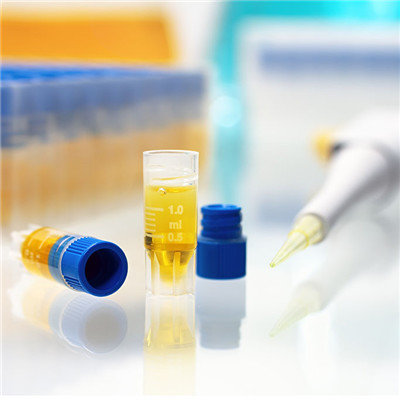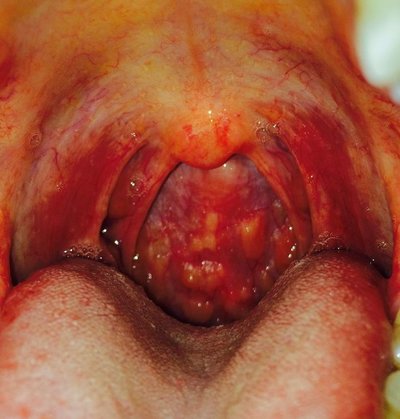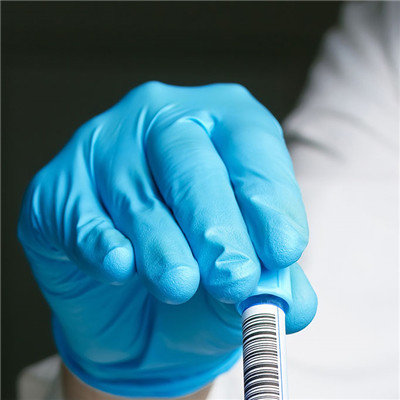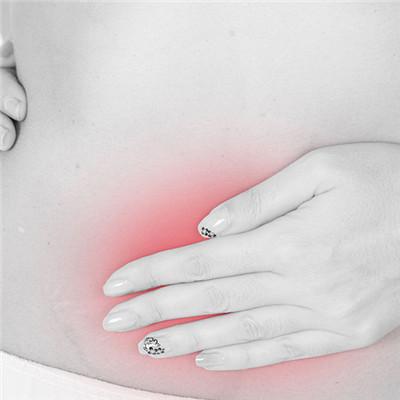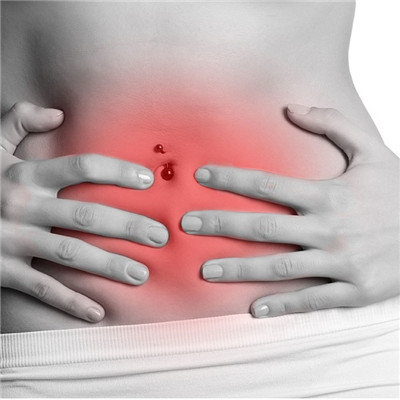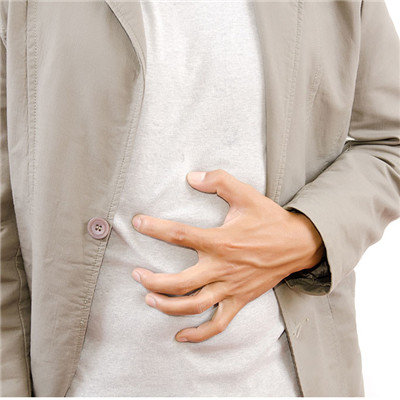What symptom does lower urinary tract infection have?
summary
Upper urinary tract infection and lower urinary tract infection are pathogens of urinary tract diseases, so what is the difference between the two? First of all, upper urinary tract infection refers to pyelonephritis, and lower urinary tract infection is caused by bacterial infection of bladder and urethra. Although the causes of upper urinary tract infection and lower urinary tract infection are the same, but the location of the disease is different. In clinical medicine, the symptoms are different, but because they all occur in the urinary tract, the differences of symptoms are not big, and the treatment methods are similar.
What symptom does lower urinary tract infection have?
If the patient goes to the hospital for examination, the general urine test is unable to detect whether the patient is suffering from upper urinary tract infection or lower urinary tract infection. If the patient wants to identify the disease site, the middle urine culture is needed. If the patient has confirmed the condition, please see a doctor in time, do not delay treatment.
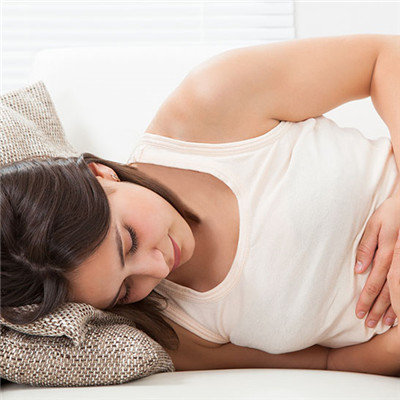
Upper urinary tract infection occurs more in female groups, generally suffering from pyelonephritis. And the patients with lower urinary tract infection will generally suffer from urethritis and cystitis. They occur because of bacterial infection, so the treatment is almost the same, mainly to anti infection.

The patient is suffering from upper urinary tract infection, then the patient's body will appear symptoms, such as fever, low back pain and so on. The patients with lower urinary tract infection have obvious local symptoms, such as frequent micturition, painful micturition, urgency of micturition, etc. the general systemic symptoms of the patients are not obvious. In contrast, the treatment course will be shorter than that of upper urinary tract infection.
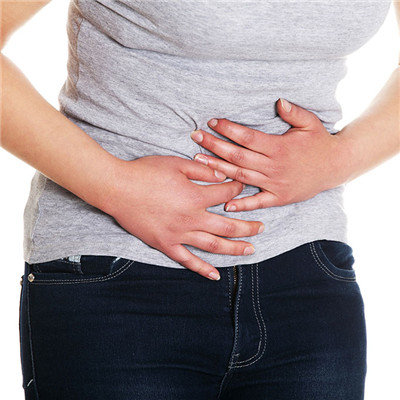
matters needing attention
Whether it is upper urinary tract infection or lower urinary tract infection, it is an inflammatory disease caused by bacterial infection of the urinary tract. After the diagnosis, the patient should see a doctor in time and cooperate with the doctor's treatment. Treatment, do not eat too greasy, stimulating and spicy food, in order to avoid the deterioration of inflammation.
